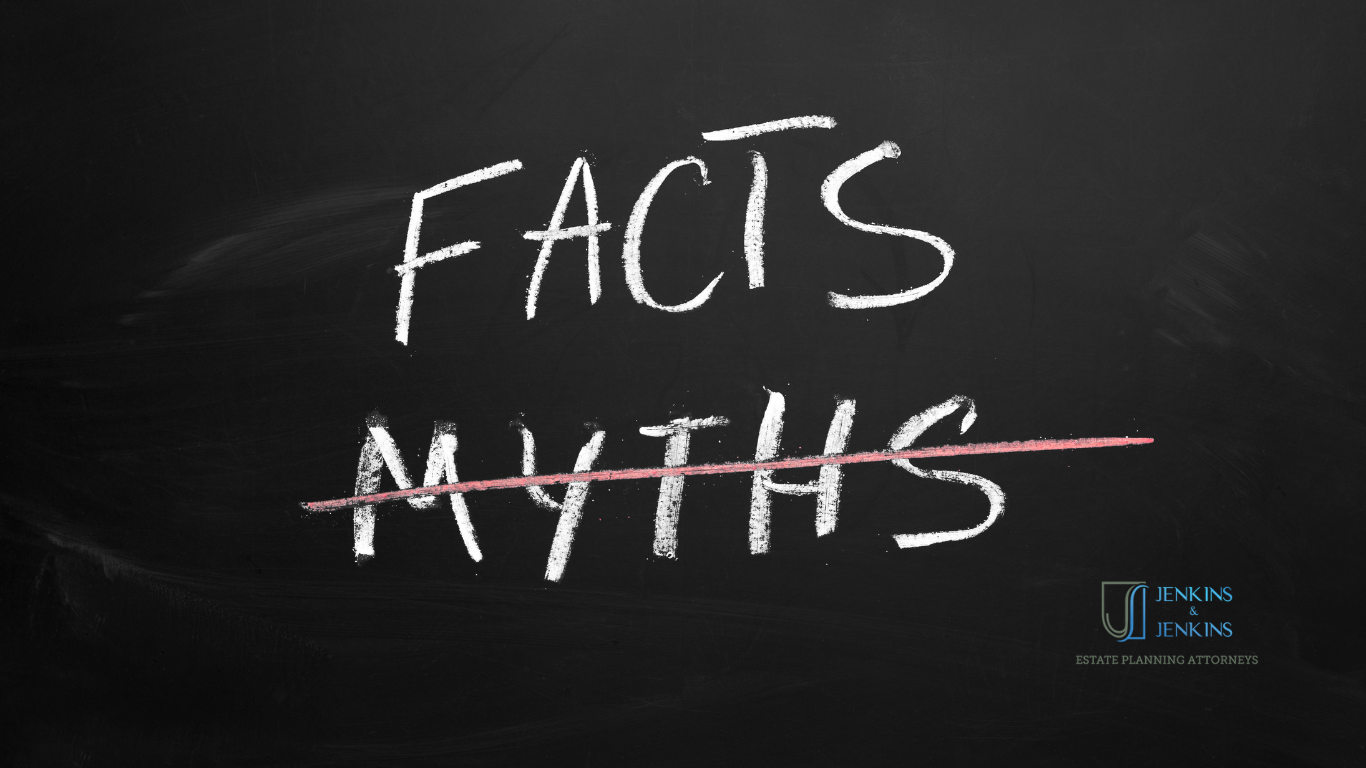It’s a question that many people ask: Which assets are required to be probated after someone passes away? It’s imperative to know the difference, especially when distributing property and assets to the heirs of an estate. Even if you leave behind a Last Will & Testament, probate proceedings are still often necessary.
Estate planning becomes much easier when you learn the difference between probate assets and non-probate assets and how important is estate planning? Here’s what you need to know from our experienced probate attorneys in San Diego:
The Probate Process
Before we can get into probate assets and non-probate assets, it’s important that you understand what probate is. “Probate” is a burdensome legal process where surviving family members must settle the estate of the decedent (the person who passed away) in Probate Court. You’ll first ask a Judge to appoint you as the personal representative of the estate. The you’ll take inventory of the decedent’s assets and resolve any lingering debts left behind. After paying off creditors and debt collectors, you must distribute the remaining assets according to the terms of the will, or if there is none, according to generic law called intestate succession. While it seems fairly straight forward, the process can take 18-24 months in San Diego, even when there is no fighting involved. Moreover, the California Probate process is public, meaning everyone in town can know the family drama and assets inherited.
What are Probate Assets?
Many believe a Last Will & Testament will settle everything with minimal complication or cost. However, in most cases, surviving family members will only inherit what’s left after going through a lengthy and expensive Probate court process – which could have been completely avoided with proper planning.
Probate assets typically involve any property in which the decedent had sole ownership in their personal name. They often include the following:
- Real estate (residential or commercial property)
- Expensive personal items (jewelry, furniture, vehicles, and more)
- Bank accounts
- Privately-owned businesses
- Investment accounts and other forms of private equity
It’s worth mentioning that retirement funds and life insurance policies with no named beneficiaries are also probate assets. This is why estate planning is so vital for families that want to leave behind inheritances for their loved ones.
What are Non-Probate Assets?
Non-probate assets typically involve joint property ownership with another person(s), so long as a right of survivorship exists (this is not automatic and depends upon the titling of the asset, even between spouses!). This can encompass many different assets, and joint ownerships can involve various family members or close friends. When one owner passes away, the co-owner automatically receives the rights to the property.
The examples of non-probate assets are numerous. However, here’s a concise list of what they often include:
- Property held in a joint tenancy
- Bank accounts that designate beneficiaries via Payable/Transfer on Death arrangements
- Any assets or property contained within a living trust
- Life insurance accounts with named beneficiaries
- Retirement accounts, including 401(k)s and Roth IRAs with named beneficiaries
- Special annuities from investment accounts with named beneficiaries
You should think of non-probate assets as a special category – these are assets that transfer automatically. In other words, your beneficiaries can request and become property owners, avoiding probate altogether. Neither a Living Trust, Last Will & Testament, nor state intestacy laws determine the distribution of non-probate assets.
Contact an Estate Planning Lawyer Today To Learn More About Probate Assets vs. Non-Probate Assets
Instead of allowing probate to determine who inherits your assets, you can take action through estate planning methods. We advise that you consider all your options in making assets available to your heirs. Even a living trust will require beneficiary designations for transfers of ownership to be legally valid, so make sure you have the proper guidance to get an effective plan in place.
If you want to ensure that your assets end up in the right hands, now’s the time to contact a reliable attorney. Here at Jenkins & Jenkins in San Diego, we can accommodate all of your estate planning needs. Our goal is to help you protect your loved ones and prepare them for the future. Schedule a consultation with us today, and we can begin crafting your plan immediately.
Testimonial from Sophia, Satisfied Probate Client
Reached out to Michael regarding probate questions and he was very responsive and knowledgeable. He took the time to understand the situation and explained the process and it showed that he truly cared about his client. Michael also worked with me to get powers of attorney set up, he made the process very easy. I also got to meet Caroline, and it’s nice to see them work together to ensure their clients are taken care of. Both of them are very professional but also personable.







